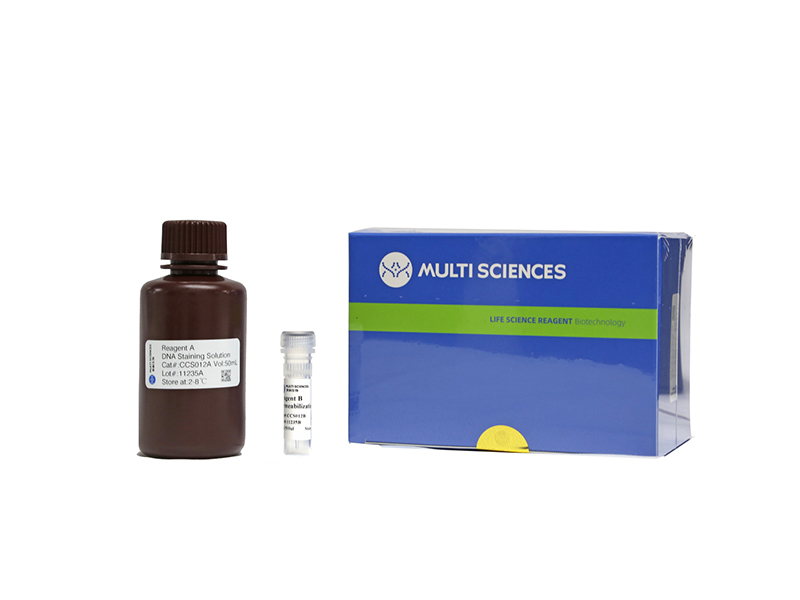Oridonin, a bioactive diterpenoid purified from Rabdosia rubescens, has been shown to possess anticancer capacity in several cancer types. However, its effects on oral squamous cell carcinoma (OSCC) cells remain unclear. This study aimed to investigate the anticancer ability of oridonin in OSCC cells, including proliferation, apoptosis and underlying mechanisms using the OSCC cell lines, UM1 and SCC25. The results showed that oridonin not only inhibited proliferation and clonal formation but also induced G2/M cell cycle arrest and apoptosis in UM1 and SCC25 cells in a dose-dependent manner. Western blot revealed that oridonin treatment increased the ratio of Bax/Bcl-2, and activated the cleavage of caspase-3, caspase-9 and PARP-1. Oridonin also induced G2/M phase arrest in OSCC cells via down-regulating the G2/M transition-related proteins such as cyclin B1 or up-regulating cyclin D1, cyclin D3, P21, p-CDK1 and cyclin A2. In addition, oridonin treatment significantly inhibited the phosphorylation of PI3K and Akt and inhibited tumor growth of OSCC xenograft in nude mice. Taken together, these results suggested that oridonin possesses anti-oral cancer capacity via inhibiting the PI3K/Akt signaling and induce apoptosis and G2/M-phase arrest. Therefore, oridonin may be a potential anticancer drug for the treatment of oral cancer.
文章引用产品
-
-
- CCS012
- 周期试剂盒
Cell Cycle Staining Kit 细胞周期检测试剂盒
-
¥390.00
-
- CCS012
- 周期试剂盒
Cell Cycle Staining Kit 细胞周期检测试剂盒
- ¥390.00



